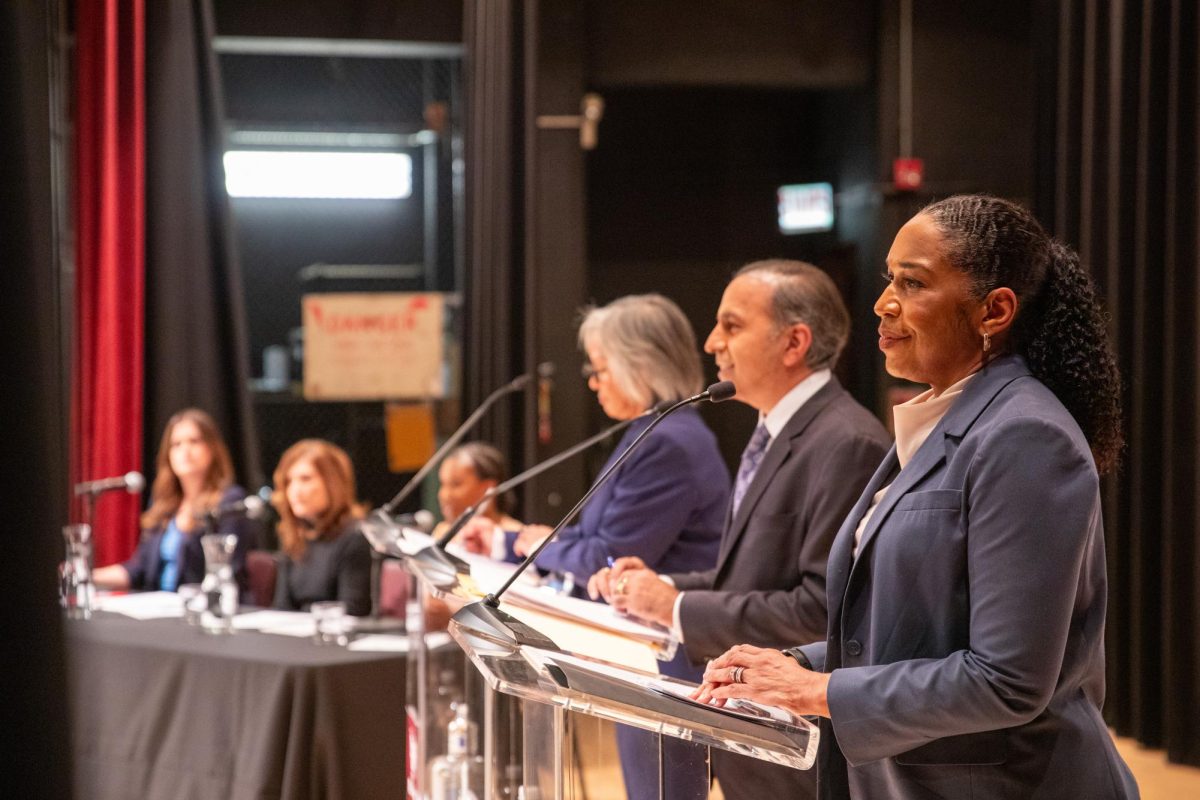Last updated on Jan. 5, 2024 at 01:28 p.m.
On Jan. 1, 2024, minimum-wage workers in 22 states including Illinois will see a pay raise, according to the Economic Policy Institute.
Illinois minimum wage will increase from $13 to $14 per hour for regular workers and $7.80 to $8.40 per hour for tipped workers, according to Illinois law. Furthermore, in 2025, the Illinois minimum wage will rise to $15 per hour, more than double the current federal minimum wage of $7.25.
Although the cost of living has increased greatly in recent years, the federal minimum wage has not increased since July 2009. According to the Bureau of Labor Statistics, adjusted for inflation, $7.25 in 2009 has the same buying power as $10.27 in 2023.
“In the absence of federal action, states and localities continue to take the lead in advancing fairer wage floors via legislation, ballot measures, and automatic inflation adjustments,” the Economic Policy Institute said in a statement.
Get The Daily Illini in your inbox!
Over the past 14 years, tuition prices have also increased. At the University, undergraduate tuition for incoming in-state freshmen in 2009 cost $4,171 per semester, compared to this year’s $6,237.
In a Bank of America survey shared with CNN, 67% of employees say the cost of living is exceeding the growth in their earnings.
The survey also found different responses among ethnic groups, with 61% of Asian employees saying they feel financially well, compared to 44% of white, 40% of Hispanic and just 35% of Black employees noting the same sentiment.
To aid struggling workers, congressional Democrats introduced the Raise the Wage Act of 2023, which aims to incrementally raise the federal minimum wage to $17 an hour by 2028 and phase out subminimum wages for tipped, teenage and disabled workers.
Past 2028, the act proposes that future increases in the federal minimum wage would be matched to median wage growth.
According to the Economic Policy Institute, raising the federal minimum wage to $17 in 2028 would impact about 19% of the total U.S. workforce and provide an additional $86 billion yearly in additional wages to the lowest-paid employees.
In the House, the bill is co-sponsored by seven Illinois Representatives, including Rep. Nikki Budzinski. In the Senate, the bill is co-sponsored by both Illinois Sens. Tammy Duckworth and Dick Durbin.







